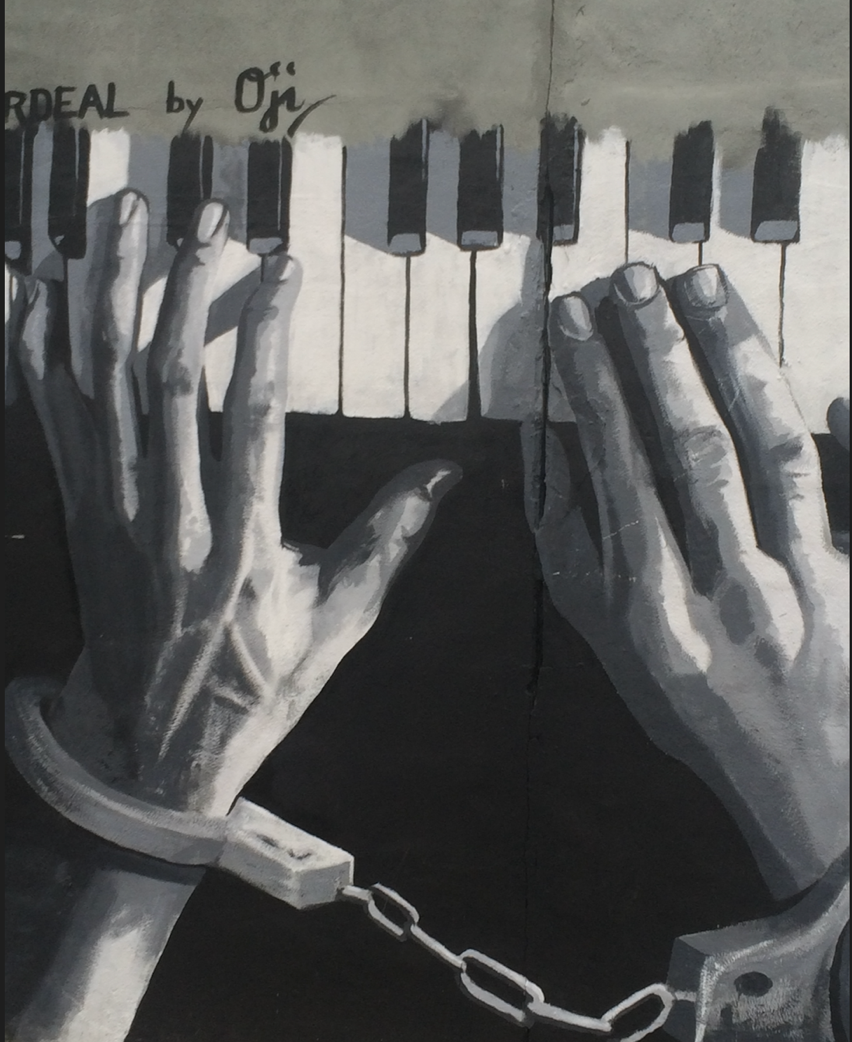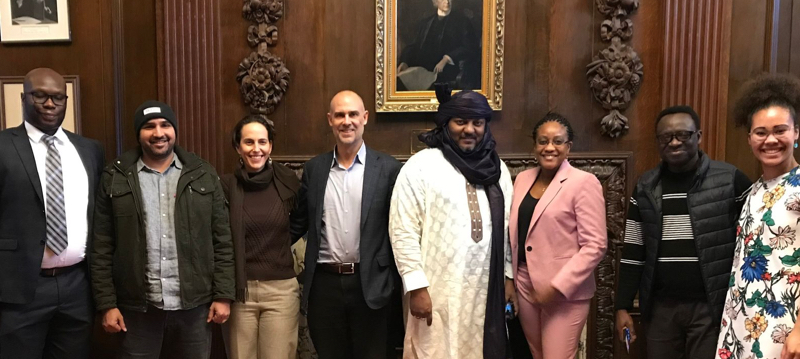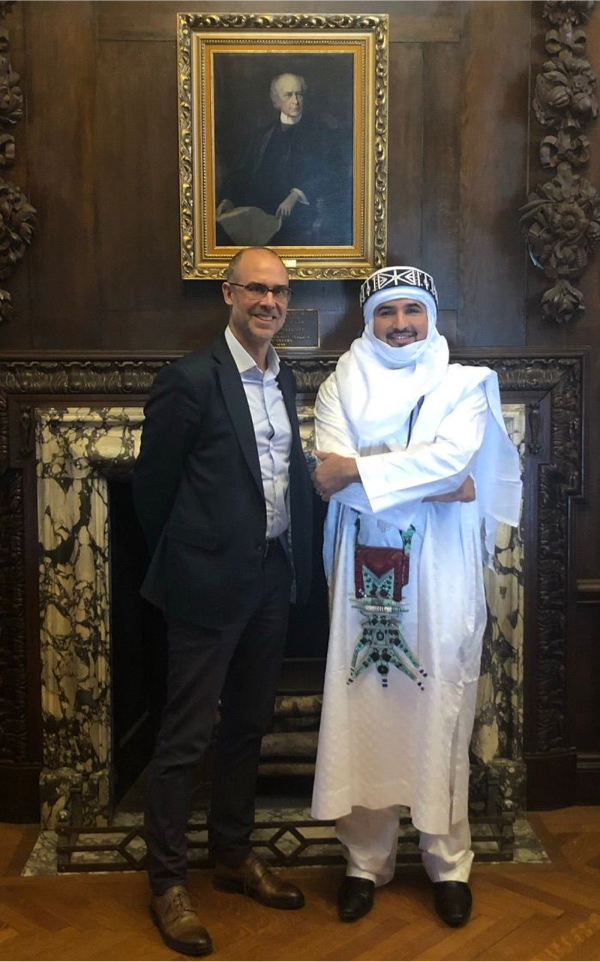Collaborations With
Sarah Federman
AUTHOR. EDUCATOR. PRACTITIONER.

Published
Narratives of Mass Atrocity: Victims and Perpetrators in the Aftermath
eds. Sarah Federman and
Ronald Niezen, Cambridge University Press.
Individuals can assume–and be assigned–multiple roles throughout a conflict and over a lifetime. In some circumstances, perpetrators can be victims and vice versa. Heroes can be reassessed as complicit and compromised. Accepting this more accurate representation of the narrativized identities of violence presents a conundrum for accountability and justice mechanisms that are premised on clear roles. In Victims, Perpetrators, Heroes: Narrative in the Aftermath of Mass Atrocity, we consider these complexities through responses to mass violence in various contexts including international tribunals, truth and reconciliation commissions, rehabilitation programs, and NGO-based social movements. The volume seeks to bring the literature on perpetration and the more recent field of victim studies into conversation with one another. There is a constructive dimension to the critiques we present. Supporting long-term positive peace requires understanding the narratives dynamics within and between groups. The blurring of victim- and perpetrator-boundaries and greater acknowledgement of their overlapping roles can be a crucial part of peacebuilding processes.

Sahel Peace Dialogues
The event, co-organized with Sarah Federman, sought to connect peacebuilding efforts transnationally (Niger, Mali, Burkina Faso) and across tribes during our Sahel Peace Dialogues, held March 1-6, 2020 at McGill University’s Centre for Human Rights and Legal Pluralism in Montreal, Canada.
About The Event
Throughout the Central Sahara and Western African Sahel region, the Tuareg, Fulani, Dogon, and Songhay tribes have long struggled over territory and resources, but increasing radicalization supported by Al-Qaeda and other Salafist groups has swept across their respective lands, taking numerous lives and undermining states.
States, along with international peacekeepers and local leaders and supporting NGOs, work to resist the pillaging of their people and resources by extremist movements, yet the violence continues. These efforts tend to be state or tribe-centric, whereas the jihadist groups operate in well-organized networks that transcend national and tribal lands.
Professors Ronald Niezen and Sarah Federman invited seven leaders from across the region for a week of dialogue and strategic exercises designed to augment their individual and collective efforts.
Based broadly on Herbert Kelman’s Problem Solving Workshops, we also engaged in conflict mapping, scenario planning, and simulations that allowed us to explore narratives about self and other. Drawing from his forthcoming book, #HumanRights, Niezen led a session on social media and new technologies as tools of resistance and accountability. Participants then designed social media campaigns aimed at deterring young people from radicalizing. Federman discussed conflict approaches based on her co-authored book, Introduction to Conflict Resolution. The meeting was conducted in French.
Participants told us the sessions offered them the opportunity to think differently about the conflict and strategies for intervention as well as to better coordinate their actions across the Sahel region. Relationships between the participants were strengthened and they are eager to return. We are now in the process of planning the next dialogue. We will continue to ensure inclusion of local women leaders and emerging youth leaders across the region.
Get In Touch


